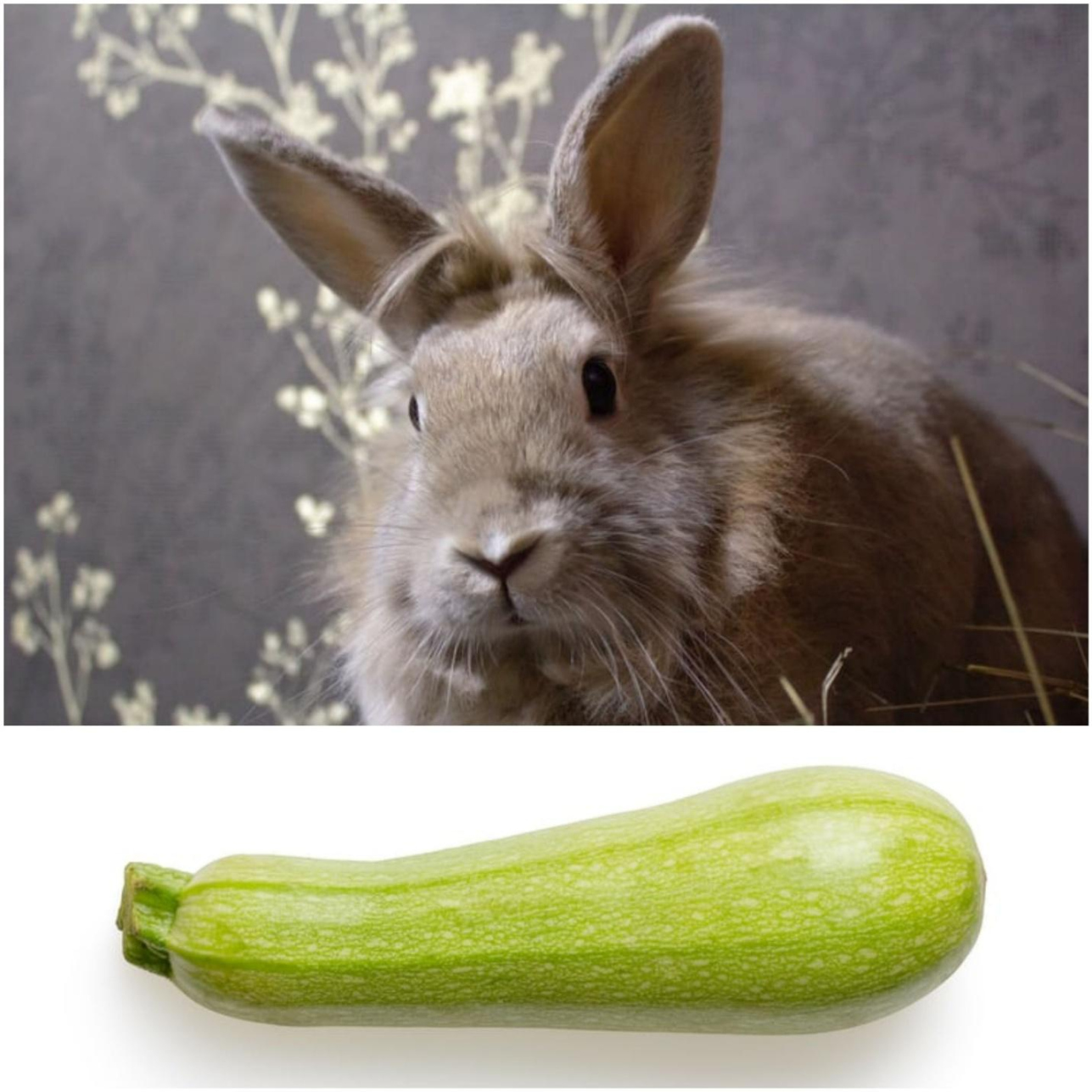Can Rabbits Eat Squash?
Rabbits are herbivores, which means their diet consists primarily of plants, including vegetables and fruits. One common vegetable that rabbit owners often wonder about is squash. Squash comes in various types, such as zucchini, acorn squash, butternut squash, and pumpkin. These vegetables are often readily available and can be a great addition to your rabbit’s diet. However, it is essential to understand the nutritional value and potential risks associated with feeding squash to rabbits.

Nutritional Value of Squash for Rabbits
Squash is rich in vitamins and minerals, making it a nutritious choice for rabbits. It provides essential nutrients such as vitamin A, vitamin C, vitamin K, potassium, and manganese. Vitamin A is vital for maintaining healthy skin, vision, and immune function in rabbits. Vitamin C is an antioxidant that supports the immune system. Potassium helps regulate blood pressure and heart function, while manganese aids in bone health and metabolism.
In addition to vitamins and minerals, squash also contains dietary fiber, which is crucial for a rabbit’s digestive health. Fiber helps maintain proper gut motility and prevents issues like gastrointestinal stasis or bloating. Including squash in your rabbit’s diet can contribute to a well-rounded and nutritionally balanced meal plan.
Feeding Squash to Rabbits
While squash is generally safe for rabbits, it’s essential to introduce it gradually and in moderation. Start by offering a small piece of squash and observe your rabbit’s reaction. If your rabbit shows no signs of digestive upset, you can increase the quantity gradually. Remember that squash should only be a part of a varied diet and not the sole food source. It’s crucial to provide a mix of hay, fresh vegetables, and small amounts of pellets to ensure your rabbit’s nutritional needs are met.
When feeding squash to rabbits, it’s important to follow these guidelines:
- Wash the squash thoroughly to remove any pesticides or dirt.
- Remove the seeds and rind them before offering it to your rabbit. The seeds can be a choking hazard, and the rind may be difficult to digest.
- Cut the squash into small, bite-sized pieces to prevent choking and aid in digestion.
- Introduce squash gradually and monitor your rabbit for any signs of digestive issues or allergies.
- Always offer fresh squash and remove any uneaten portions after a few hours to prevent spoilage.
- It’s crucial to provide a mix of hay, fresh vegetables, and small amounts of pellets to ensure your rabbit’s nutritional needs are met.
FAQs about Feeding Squash to Rabbits
1. Can rabbits eat squash seeds?
No, it’s best to remove the seeds from squash before offering it to your rabbit. The seeds can be a choking hazard and are generally not well tolerated by rabbits.
2. Can rabbits eat cooked squash?
While it’s generally safe for rabbits to eat cooked squash, raw squash is preferable as it retains more of its nutritional value. Avoid using any additives such as salt or oil when cooking squash for your rabbit.
3. Can rabbits eat all types of squash?
Yes, rabbits can eat various types of squash, including zucchini, acorn squash, butternut squash, and pumpkin. However, as mentioned earlier, it’s crucial to remove the seeds and rind before offering it to your rabbit.
4. How often can I feed squash to my rabbit?
While squash can be a healthy addition to a rabbit’s diet, it should be fed in moderation. Offer small amounts of squash a few times a week as part of a varied meal plan. The majority of your rabbit’s diet should consist of hay and fresh vegetables.
In conclusion, rabbits can eat squash as part of a balanced diet. Squash provides essential vitamins, minerals, and dietary fiber necessary for a rabbit’s overall health. However, it’s crucial to introduce squash gradually, remove the seeds and rind, and monitor your rabbit for any adverse reactions. Remember to offer a varied diet consisting of hay, fresh vegetables, and small amounts of pellets to ensure your rabbit receives all the necessary nutrients. By following these guidelines, you can safely incorporate squash into your rabbit’s meal plan.
Related Articles…
Copyright Notice:
All images on this website are obtained from the internet and remain copyrighted to their original owners. If you hold copyright to any image and want it taken down, please reach us.